Stay in historic lodgings as you journey from Lisbon to Barcelona, discovering breathtaking architecture and stunning scenery, fishing villages and cosmopolitan cities, and Basque and Catalan cultures.
Across Northern Spain and Portugal: Lisbon to Barcelona
Featuring Historic Paradores and Pousadas
17 days from $6,974 | includes airfare, taxes and all fees
Stay in historic lodgings as you journey from Lisbon to Barcelona, discovering breathtaking architecture and stunning scenery, fishing villages and cosmopolitan cities, and Basque and Catalan cultures.
Tour Details
TOUR BROCHURE
brochureWHAT OUR TRAVELERS SAY
- Sherry B.This trip was a trip through time. We learned about historical events and places all the way to current events. Our guides provided us with context to tie all our new knowledge together into a "big picture" of the Iberian Peninsula. it was SO enlightening
- Lois C.The tour itself was excellent and quite enlightening. The addition of the local guides, the personal touches of being in a private home, brought the experience to a much more complete level giving us a piece of Spanish culture we would not have had otherwise.
JOURNEYS DISPATCHES
Experts
/https://tf-cmsv2-journeys-media.s3.amazonaws.com/journeys/expert/Gustafson_Erik.jpg)
Erik Gustafson
Erik Gustafson is an architectural historian of Europe, the Mediterranean, and the Islamic world, with interests spanning from the ancient world into the early Modern period. He has lived for extended periods in Italy, France, and Egypt, and has also extensively travelled in northern Europe, Iberia, and the eastern Mediterranean. Erik’s academic work addresses how specific sites were historically understood in light of broad intellectual and visual traditions, interests which inform his teaching and Smithsonian Journeys work. His current book project, Building Saint Francis, considers how the Franciscan order architecturally tried to shape and channel the legacy of their founder in the centuries after his death. Erik has taught a variety of courses on the art and architecture of the ancient world, medieval Europe and the Mediterranean, and intercultural exchanges throughout the European and Islamic worlds at the University of California, Berkeley, Fordham University, Washington & Lee University, and George Mason University. Erik has published on Italian, Spanish, and French medieval architecture as well as Mamluk architecture in Cairo, and is a Fellow of the American Academy in Rome.
/https://tf-cmsv2-journeys-media.s3.amazonaws.com/journeys/expert/Gies_David.jpeg)
David Gies
David T. Gies is Commonwealth Professor of Spanish Emeritus at the University of Virginia and former Chair of his Department. He has published seventeen books, including The Cambridge Companion to Modern Spanish Culture (1999), Theatre and Politics in Nineteenth-Century Spain: Juan de Grimaldi as Impresario and Government Agent (Cambridge, 1988), The Theatre in Nineteenth-Century Spain (Cambridge, 1994), The Cambridge History of Spanish Literature (2004), The Cambridge History of Theatre in Spain (co-edited, 2012), Eros y amistad (2016), and The Eighteenth Centuries: Global Networks of Enlightenment (co-edited, 2017). Author of more than 120 scholarly and 140 book reviews, he edits DIECIOCHO, a journal dedicated to the study of the Spanish Enlightenment, now in its 42nd year.
He has received the University of Virginia Outstanding Teaching Award, the Thomas Jefferson Award, and, in 2007, was named Encomienda de Número de la Orden de Isabel la Católica, a knighthood granted by His Majesty Juan Carlos, King of Spain.
In July 2013, he was elected for a three-year term as President of the International Association of Hispanists, the world's largest professional organization of Spanish scholars, and in September 2015, he was elected Honorary President of Sigma Delta Pi, the Spanish National Honorary Society.
In 2016, he won the prestigious annual Anderson Imbert Prize from the North American Academy of the Spanish Language and was named Corresponding Member of the Spanish Royal Academy in Madrid. In 2019 he joined the Board of the Fundación Duques de Soria.
/https://tf-cmsv2-journeys-media.s3.amazonaws.com/journeys/expert/Konz-Dianne.jpg)
Dianne Konz
Since 1992, Dianne Konz has led several Smithsonian Journeys groups to Spain and Portugal. She has taught Spanish literature, language, and civilization at the University of Texas at Austin and at The George Washington University. She has also lectured and published studies on Spanish and Latin American literature, and Spanish culture. Dianne's enthusiasm for Iberia grew from her experiences living and studying in Madrid. Her particular passion is the integration of the cultural arts in the context of their time. She approaches art and architecture, literature, music, and gastronomy as a reflection of a country's history, politics, and geography. Dianne's teachings of Spanish history and civilization include the Moorish and Islamic periods invasion, conquest, and occupation of Iberia, and the rich cultural heritage of the Islamic presence in Iberia.
/https://tf-cmsv2-journeys-media.s3.amazonaws.com/journeys/expert/Afzali_Ana_2024.jpg)
Ana Maria Afzali
Since 2008 Ana Afzali has led several Smithsonian Journeys groups through Spain and Portugal. She is a Medievalist who specializes in the history and literature of both Spain and Portugal. She is a tenured Professor at Citrus College in Southern California teaching Spanish culture, literature and language courses.
Ana is a scholar of the Iberian Renaissance and she has published extensively on the political and cultural history and literature of Spain and Portugal in the Middle Ages. She is also the author of the book “Modern Spain” (2009) and in 2022 she published a book in Spain about the Spanish Civil War which will be translated into English.
Ana has earned both her Masters and Doctorate degrees in Spanish Literature and Languages from University of California, Los Angeles, where she taught for four years.
A native of Madrid with family roots in Galicia she is also an expert on the Camino de Santiago, which she has hiked several times. Ana has traveled and lectured extensively through Spain and Portugal about various topics and she is the recipient of numerous academic awards including the Distinguished Faculty Award from Citrus College in 2019.
/https://tf-cmsv2-journeys-media.s3.amazonaws.com/journeys/expert/Campbell-250.jpg)
Jodi Campbell
Jodi Campbell, professor of European history at Texas Christian University, has spent at least part of each year in Spain since studying there as a Fulbright scholar in 1996. She has walked across several hundred miles of Spain, following the medieval pilgrimage trail to Santiago. As a historian, she is interested in how ordinary people in the past understood and maintained their relationships and communities, and how we in the present choose to tell stories about the past. She has published several books and articles on Spanish history and culture, including At the First Table: Food and Social Identity in Early Modern Spain. Jodi received her Ph.D. from the University of Minnesota and teaches courses on the history and culture of Spain and Europe.
/https://tf-cmsv2-journeys-media.s3.amazonaws.com/journeys/expert/Watson_Cameron.JPG)
Cameron Watson
Originally from the UK, but having traveled extensively all over the world from an early age with his family, Cameron Watson is a writer, translator, copyeditor, and teacher. He went to graduate school in the United States and has a PhD in Basque Studies, with an emphasis in History. He taught Basque and Spanish history as well as that of modern Europe at the University of Nevada, Reno, and he has also been a visiting professor at several universities in Spain. He currently lives in the Basque Country, where he divides his time between freelance work in academic publishing and teaching on studies abroad programs for different US universities. He is the author of the definitive text in English on modern Basque history as well as several other books and articles. He speaks Spanish, Basque, and French and his interests include Basque history and culture and, more broadly, the complex issue of diverse Iberian identities through history.
/https://tf-cmsv2-journeys-media.s3.amazonaws.com/journeys/expert/Lesh_Kerri_2.jpeg)
Kerri Lesh
Kerri Lesh is a cultural and linguistic anthropologist who has lived in various parts of Spain over the course of her academic career. She received her PhD from the University of Nevada, Reno, having conducted research on minoritized languages, tourism, and gastronomy. Her particular interest focuses on how culture and language intersect with gastronomy. She returns to Spain as much as she can to meet with both academics and local food and wine producers. Dr. Lesh has fond memories of having completed a portion of the Camino de Santiago, marveling at the wonders of the Alhambra, wandering through Barcelona’s Gothic Quarter, and walking among the vineyards in the verdant coastal regions of the Basque Country and Galicia. She is at her happiest when eating and drinking and talking about eating and drinking.
Dr. Lesh is also a Certified Specialist of Wine (CSW), having worked harvests in both Chile and the Basque Country. She is currently based in Kansas City, dividing her time between working at a local vineyard, teaching for the Culinary Center of Kansas City, as well as teaching in the Anthropology Department at a local college. Kerri has taught courses in Basque Culture, Indigenous and Minoritized Languages, Linguistic Anthropology, and the Anthropology of Food and Wine, and has published several articles in journals such as Anthropology of Food, Applied Linguistics Review, and BOGA: Basque Studies Consortium Journal.
/https://tf-cmsv2-journeys-media.s3.amazonaws.com/journeys/expert/Ryan_Michael_2021.jpg)
Michael Ryan
Michael A. Ryan is an associate professor of medieval and early modern history at the University of New Mexico. He earned his doctorate in 2005 from the University of Minnesota, where he studied under two of the preeminent historians of premodern Spain, William D. Phillips, Jr. and Carla Rahn Phillips. He is a specialist in the social, cultural, and intellectual history of late medieval Spain, Italy, and the Mediterranean Basin with thematic foci on the histories of apocalypticism and magic. The author of A Kingdom of Stargazers: Astrology and Authority in the Late Medieval Crown of Aragon, Michael is currently working on a new book in which he studies the parameters of magical-themed fraud and trickery in Venice during the 14th, 15th, and 16th centuries. He is also the co-creator and co-editor of a new academic monograph series published by Penn State University Press, Iberian Encounter and Exchange, 475-1755. His first sojourn in Spain was in 1995 and he adores the languages, histories, cultures, and cuisines of the Iberian Peninsula.
/https://tf-cmsv2-journeys-media.s3.amazonaws.com/journeys/expert/Luttikhuizen_Henry.jpg)
Henry Luttikhuizen
Henry Luttikhuizen is Professor Emeritus of Art History at Calvin University (Grand Rapids MI) and Scholar-in-Residence at Grand Valley State University. He lived in Spain as an undergraduate and has spent two sabbatical leaves studying in Barcelona. Henry earned his Ph.D. at the University of Virginia and taught for nearly three decades. Henry has written extensively on medieval art in Spain and is preoccupied with the interaction between Muslims, Christians, and Jews on the Iberian Peninsula. He is a distinguished scholar who has served as the President of the Midwest Art History Society. In his presentations, Henry enhances understanding through clarity and humor. He is committed to the notion that knowledge begins in wonder and lectures in a playful manner that encourages his audiences to re-imagine the past as they engage with the present and consider new possibilities.

/https://tf-cmsv2-journeys-media.s3.amazonaws.com/filer/e2/e2/e2e27c6c-e360-49ed-a553-46687525299b/prt_lisbon_belem_dt_l_89793467.jpg)
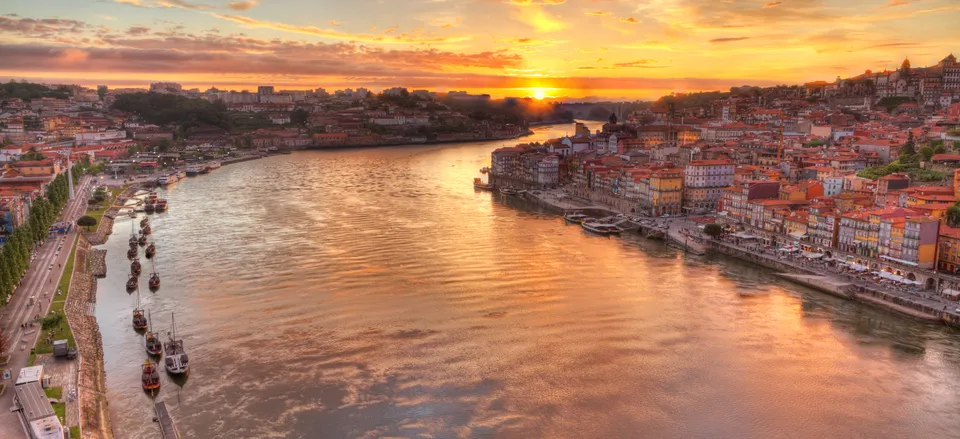
/https://tf-cmsv2-journeys-media.s3.amazonaws.com/filer/fe/84/fe8427c7-6c17-4fca-8556-9b058abbb7eb/prt_porto_douroboats_ist_472039102.jpg)
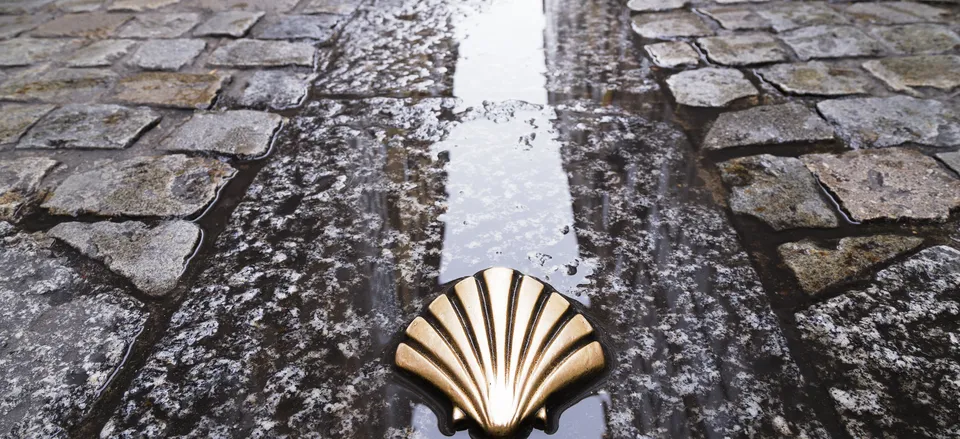
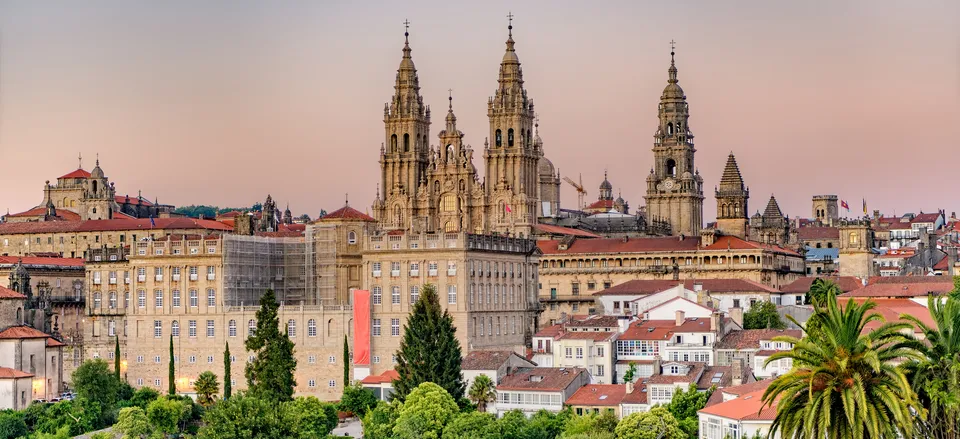
/https://tf-cmsv2-journeys-media.s3.amazonaws.com/filer/af/b0/afb09911-eb9d-47c2-b049-da9a4b9aca41/spa_santiagodecompostela_cathedral_dt_l_16051092.jpg)
/https://tf-cmsv2-journeys-media.s3.amazonaws.com/filer/3d/7d/3d7d04bc-c5ed-4c12-8126-c5eb637ff159/spa_bilbao_basquecountryside_dt_l_36103295.jpg)
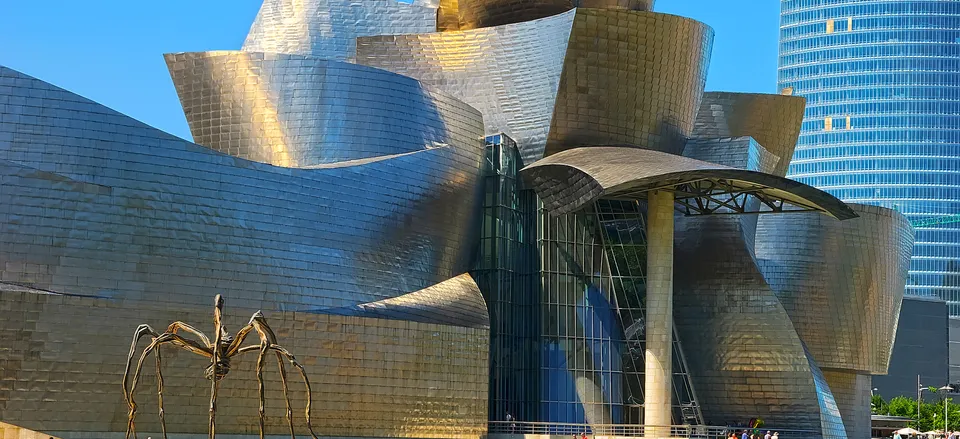

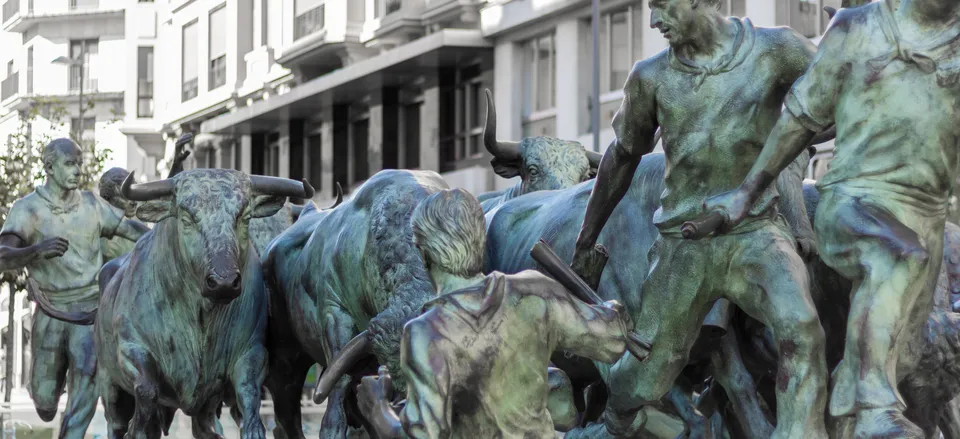
/https://tf-cmsv2-journeys-media.s3.amazonaws.com/filer/61/c7/61c78469-60dd-43c1-8fc0-13a96ead795c/spa_barcelona_parcguell_dt_l_22060345.jpg)
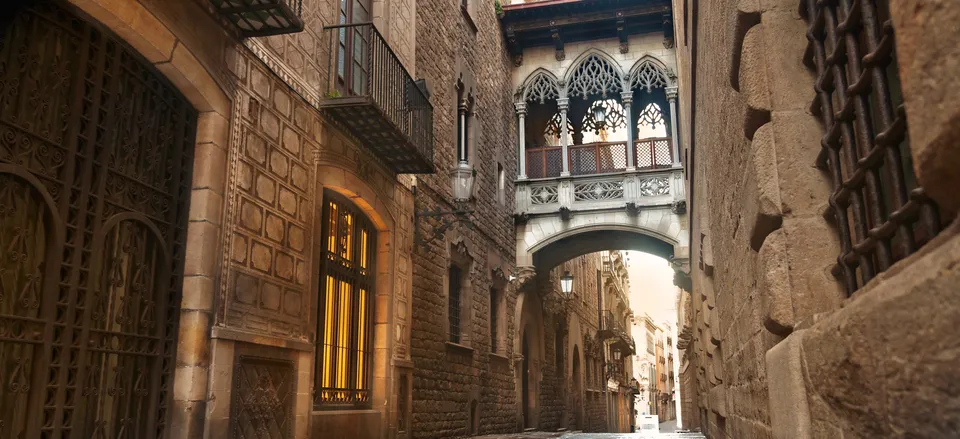
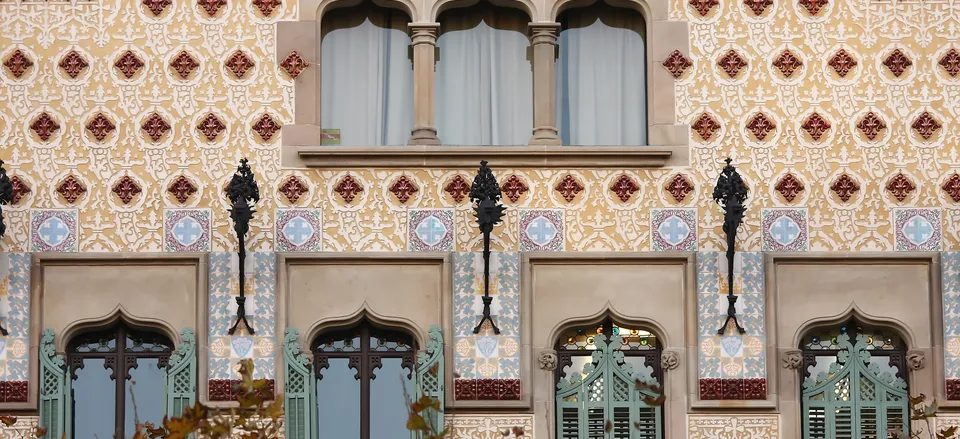
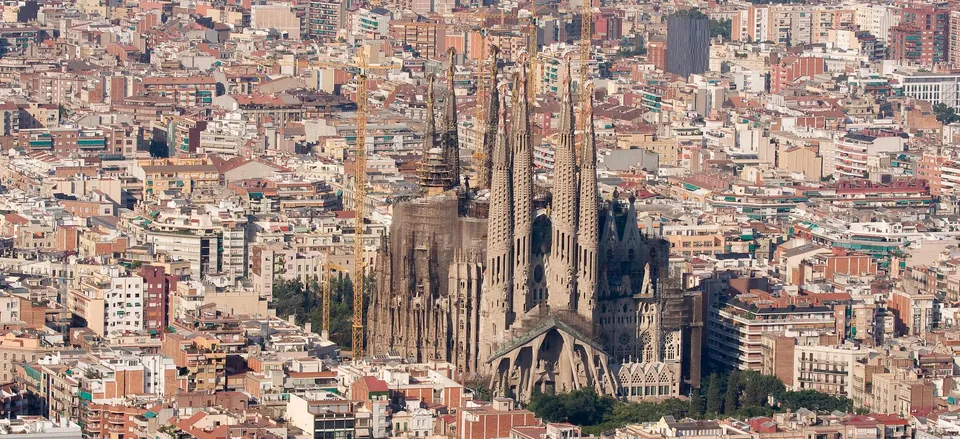
/https://tf-cmsv2-journeys-media.s3.amazonaws.com/filer/31/67/3167d59f-8292-421e-b7e0-702bbac1a3ac/spa_barcelona_sagradafamilia_dt_l_83163693.jpg)
/https://tf-cmsv2-journeys-media.s3.amazonaws.com/filer/4e/ec/4eecdb22-9095-4d79-965c-333276e3826f/spa_barcelona_lasagradafamilia_int_dt_m_24234693.jpg)
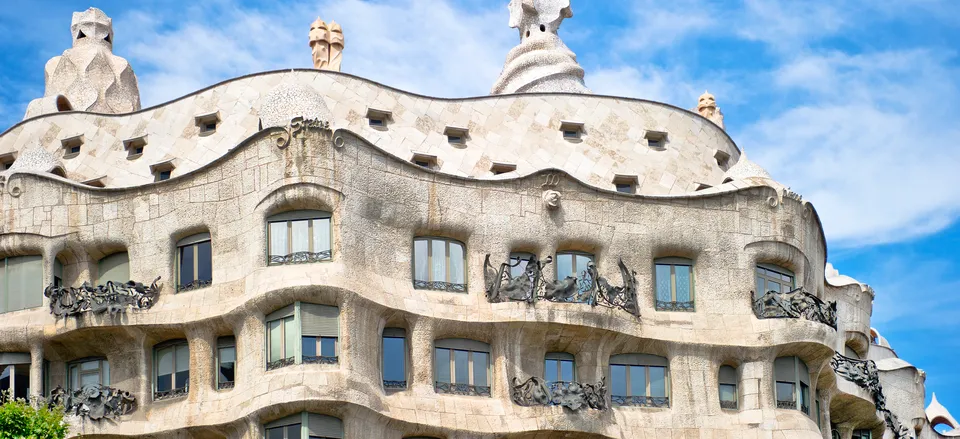
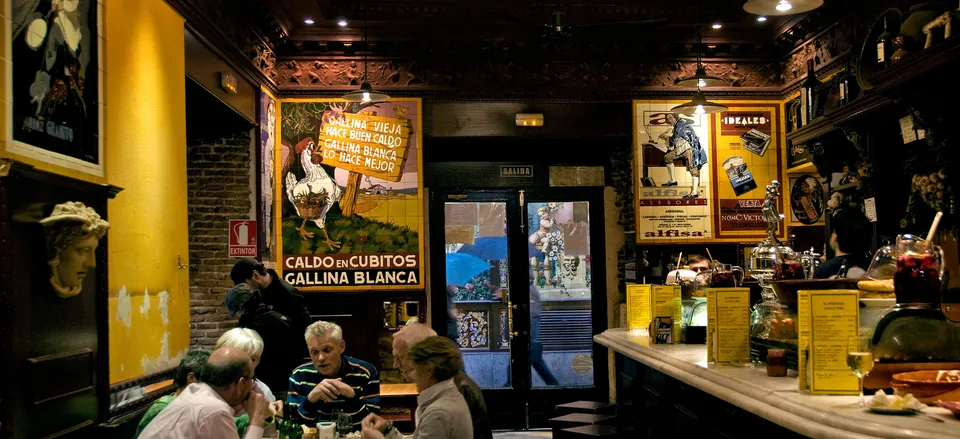
/https://tf-cmsv2-journeys-media.s3.amazonaws.com/filer/a4/dd/a4dd9ee6-3d9a-463c-8d6c-e76d75f5f43b/spa_tapas_dtl15985060.jpg)
/https://tf-cmsv2-journeys-media.s3.amazonaws.com/filer/ef/7c/ef7c78a0-d2ad-434a-be99-19563168d9a2/prt_sintra_penapalace_dt_176656491.jpg)
/https://tf-cmsv2-journeys-media.s3.amazonaws.com/filer/78/56/7856bf37-01df-4796-ba78-230e23dbfda6/spa_marbella_ahi_shs_473238115.jpg)
/https://tf-cmsv2-journeys-media.s3.amazonaws.com/filer/fc/70/fc7006be-5d6a-41c7-b6be-dd55cd21bc61/spa_ronda_dt_l_24078059-for-web.jpg)
/https://tf-cmsv2-journeys-media.s3.amazonaws.com/filer/51/5b/515b2936-726d-4fff-9a9a-dc35475d8758/prt_fado_guitar_dt_5838385.jpg)
:focal(1020x836:1021x837)/https://tf-cmsv2-journeys-media.s3.amazonaws.com/filer_public/54/1e/541e8db8-7ad2-4405-b0ed-c70314558121/prt_lisbon_streetcar_dt_m_88306925.jpg)
/https://tf-cmsv2-journeys-media.s3.amazonaws.com/filer/d4/db/d4db28f3-be51-4ce6-95f8-6bd47f4b4627/prt_porto_douro_river_dt.jpg)